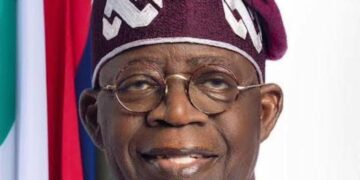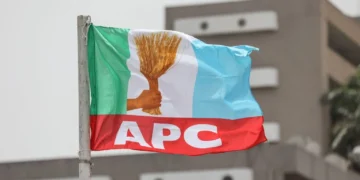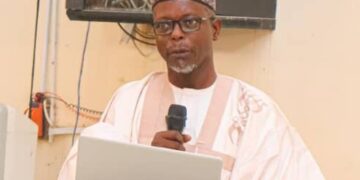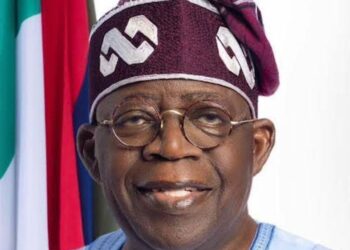By Eshiorameh Sebastian, Abuja
The Federal Government has begun implementing a new economic and financial inclusion strategy designed to expand access to essential services and financial support for millions of Nigerians.
As part of this initiative, an inter-agency task force has been set up to resolve delays in the distribution of conditional cash transfers to 15 million vulnerable households, a scheme approved by President Bola Ahmed Tinubu.
Speaking at the inaugural meeting of the Technical Committee of the Presidential Committee on Economic and Financial Inclusion (PreCEFI), Senator Ibrahim Hassan Hadejia, Deputy Chief of Staff to the President (Office of the Vice President), emphasised the importance of collaboration in driving financial inclusion.
“We are off to a very good start,” he said. “What has led to the success of what we’ve done so far is alignment and inclusive stakeholder engagement. Financial inclusion is not just about having a bank account—it means access to quality services, credit, and the visibility that digital platforms offer.”
Senator Hadejia referenced discussions at the recent World Bank Spring Meetings, where India’s success in lifting millions out of poverty through financial inclusion was highlighted as a model.
Dr. Nurudeen Abubakar Zauro, Secretary of the committee and Technical Advisor to the President on Financial Inclusion, confirmed that the meeting approved PreCEFI’s strategic roadmap and governance structure.
He also announced the formation of the inter-agency task force, which includes the National Identity Management Commission (NIMC), the National Social Safety-Nets Coordinating Office (NASSCO), the Central Bank of Nigeria (CBN), and other key institutions. Their mandate is to remove bureaucratic bottlenecks and ensure swift disbursement of funds to those in need.
The committee also agreed to work with state governments to localise data from the EFInA Access to Financial Services survey, which assesses financial inclusion across Nigeria. “We will present the report to the National Economic Council and the Nigerian Governors Forum to ensure data is acted upon at the subnational level,” Dr. Zauro said.
Engr. Abisoye Coker-Odusote, Director-General of NIMC, stressed the role of digital identity in financial inclusion, stating that the National Identification Number (NIN) bridges gaps in accessing healthcare, education, and financial services. Meanwhile, Dr. Aisha A. Isa-Olatinwo of the CBN urged the committee to focus on tangible outcomes for the most vulnerable, noting that financial inclusion is a key pillar of the President’s reform agenda.
Professor Olayinka David-West of Lagos Business School described the meeting as solution-driven, adding that “economic and financial inclusion is every Nigerian’s problem.”
The committee includes representatives from the Nigerian Communications Commission (NCC), the Bank of Industry (BOI), the Gates Foundation, and other stakeholders committed to advancing financial access for all Nigerians.









































Discussion about this post